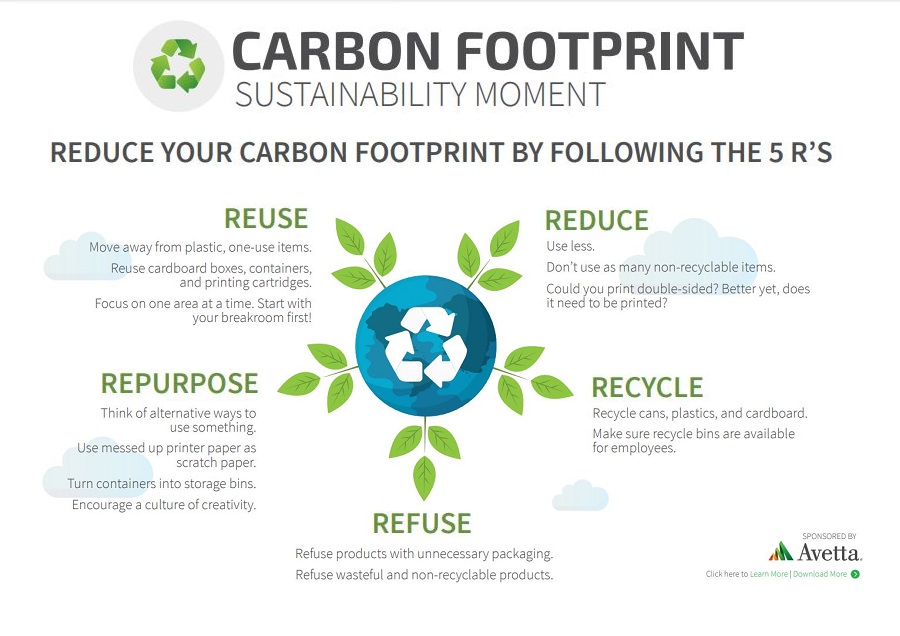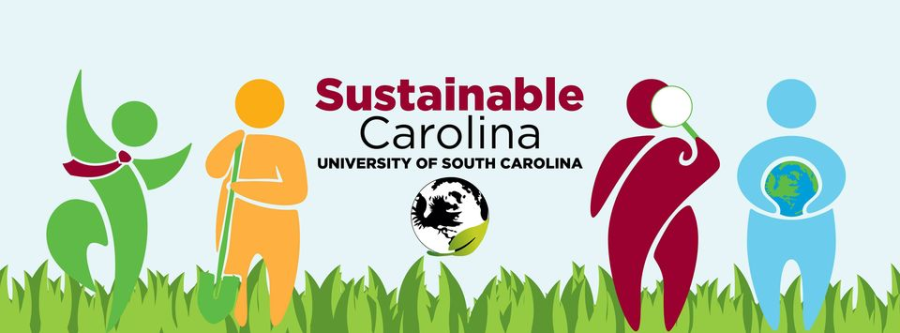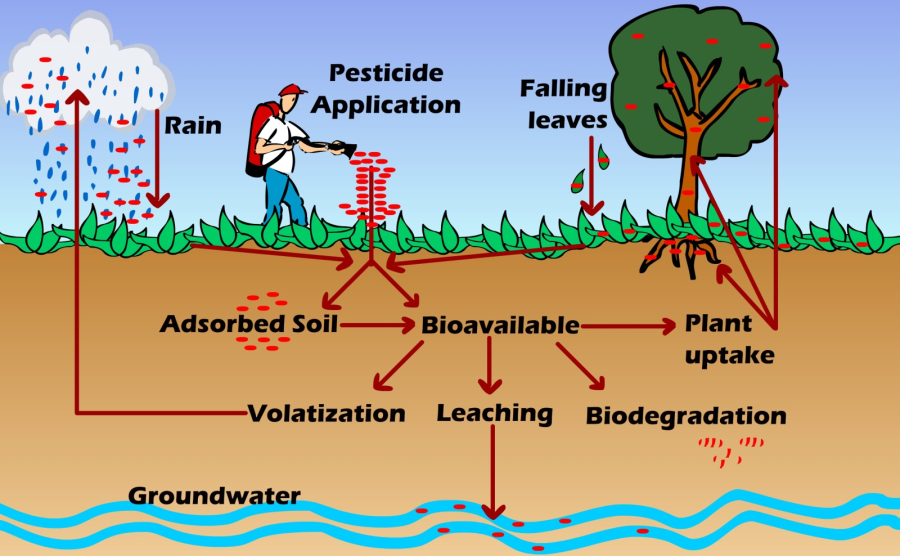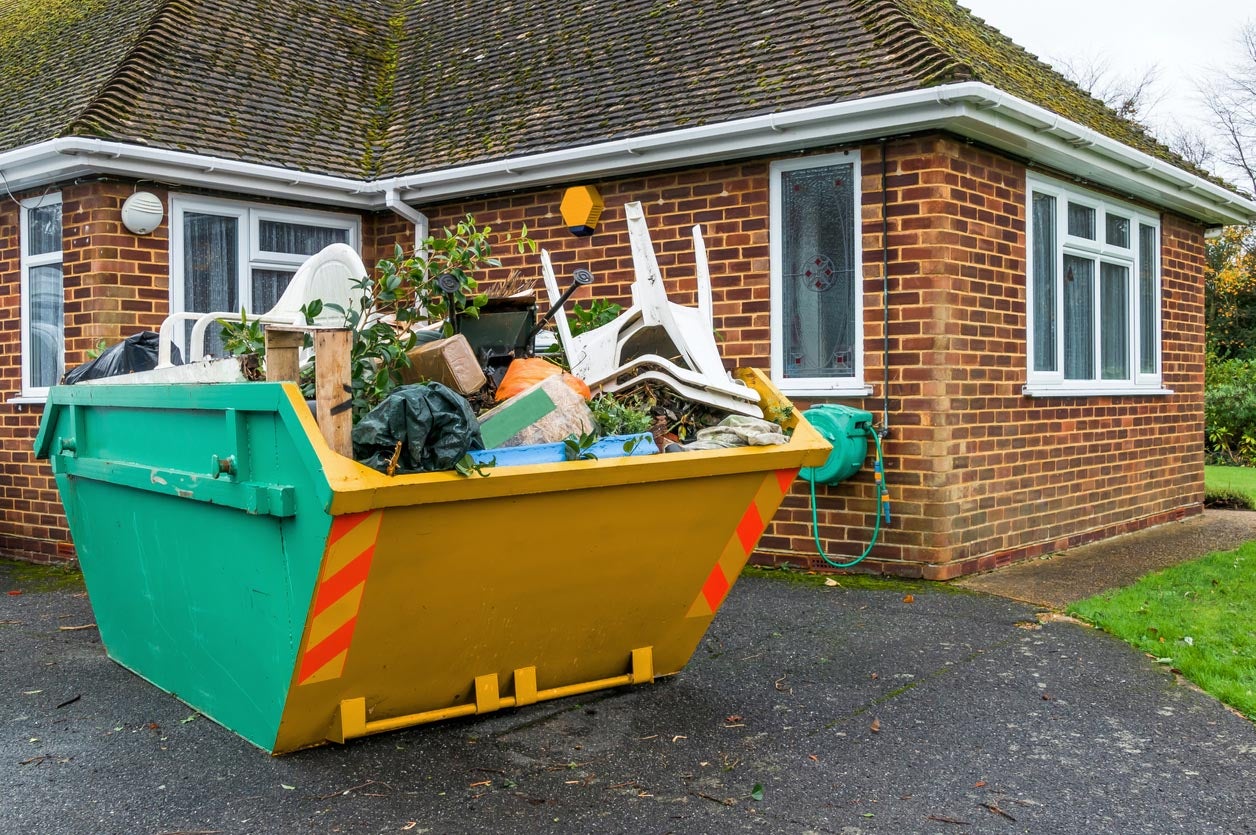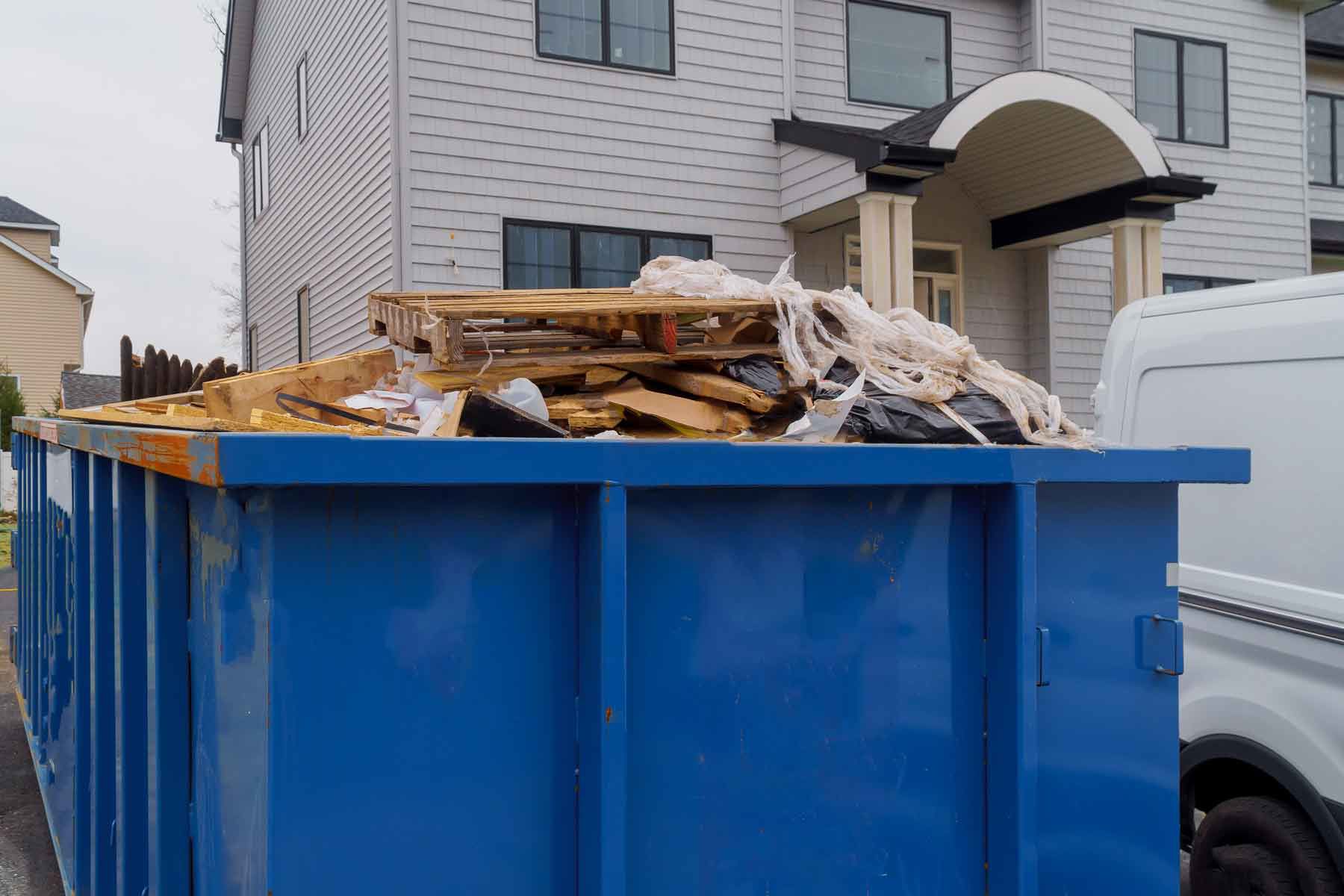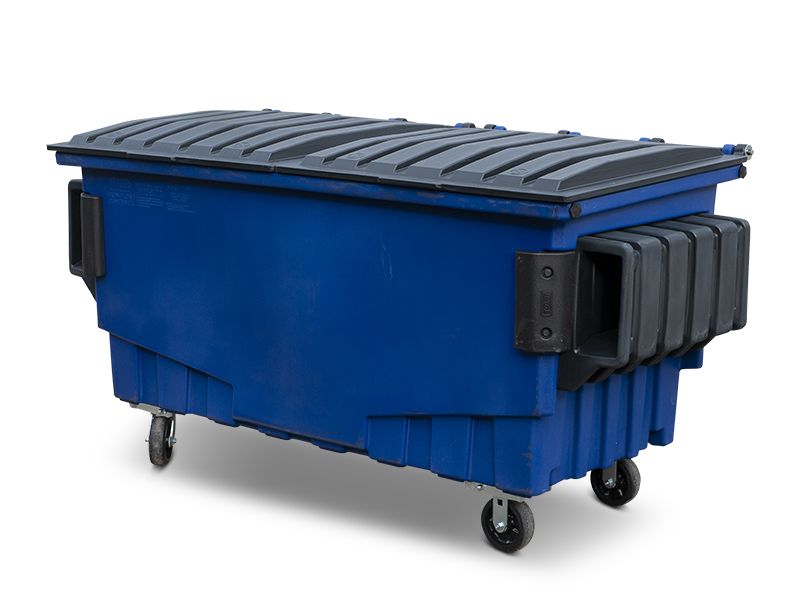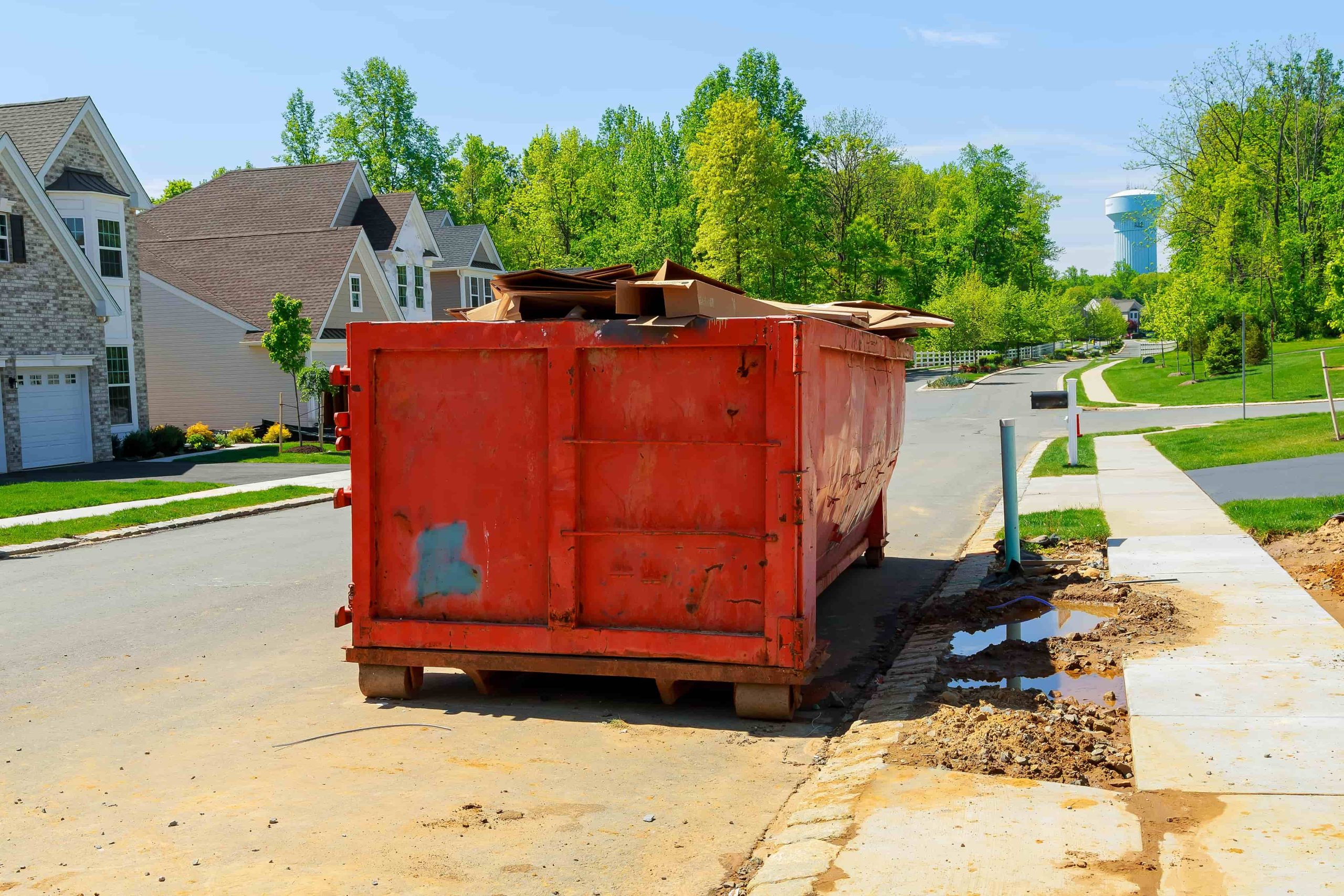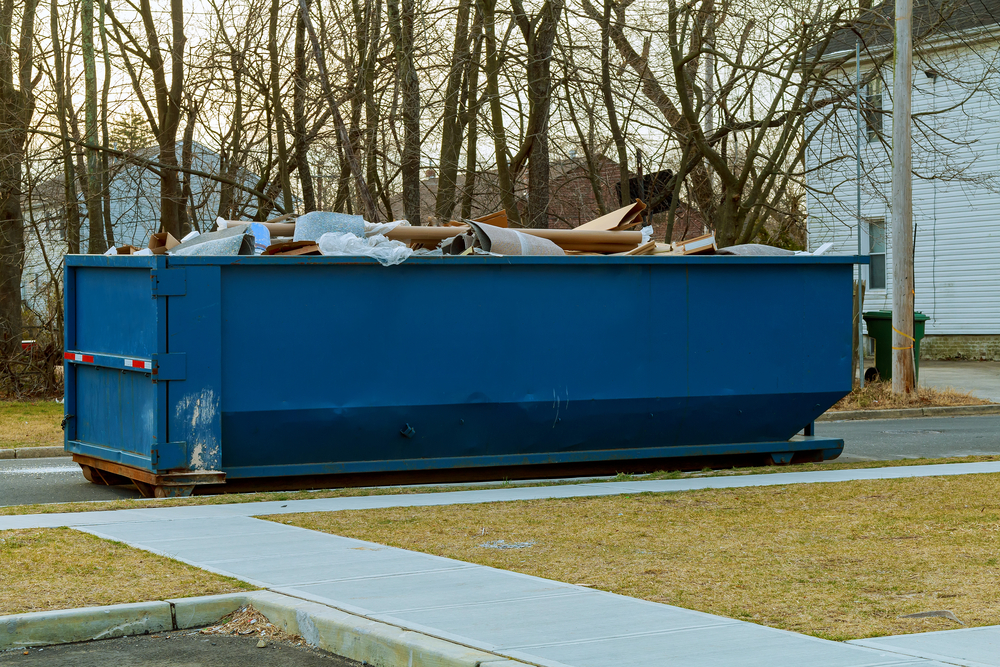Local Waste Management Regulations in South Carolina
South Carolina has a solid structure for which waste are handled, with an emphasis on legitimate disposal, recycling and resourcefulness administered while securing the wellbeing of the general population and earth.
Local SC laws build on state and federal regulations, allowing municipalities to address the unique challenges and opportunities in their areas.
Waste Management in South Carolina: An Overview
The South Carolina Department of Health and Environmental Control (DHEC) governs waste in the state through the South Carolina Solid Waste Policy and Management Act of 1991. The legislation lays the groundwork for statewide policies on managing waste, including landfilling, recycling targets, and reductions of materials sent to landfills. Local governments administer and enforce further regulations unique to their communities.
One of the main functions of a municipality and county is managing residential, commercial and industrial waste. Waste management regulations are local in nature and most often pertain to collection services, recycling programs, composting, or disposal practices. They help define compliance with state law while meeting regional needs.
Solid Waste Management in SC
At the local level in cities like Spartanburg, management of municipal solid waste (MSW) is often a key regulatory focus. Each county like Spartanburg County and city must create a system for collecting waste from homes and businesses. Regulations often stipulate that waste needs to be sorted into different types (e.g. recyclables, yard debris, and unsorted garbage). Certain municipalities require residents to use certain containers or bags for more efficient collection.
Many local ordinances require certain items to be disposed of in specific ways including large or bulky items and hazardous waste. As one example, many jurisdictions hold regular collection events for e-waste and household hazardous waste to prevent people from illegally disposing of such waste. If a company violates the local waste disposal rules, they might be breaking the law when dumping or contaminate the recycling streams which could result in fines and/or penalties.
The legal framework for recycling objectives
As part of its overall strategy to reduce waste in South Carolina, recycling must be a priority. Recycling is part of a government program number that the state set for themselves as a goal: every county must recycle 40% of waste generated in any given year. This can include things like curbside pickup, drop-off centers or partnerships with private recycle facilities.
Diverse local regulations determine which materials can be recycled (paper, cardboard plastics, glass, and metals). To improve recycling streams, another perennial problem—public education and enforcement are ways to approach the matter. There are municipalities that charge fees for repeat offenders, like putting non-recyclable items into the recycle stream.
The DHEC also receives recycling data from counties, which the agency oversees to meet state recycling goals. Through the RFS, local governments are encouraged to develop new and innovative programs — for example, PAYT systems that charge residents based on how much waste they throw away.
Yard Waste and Composting
Yard waste is a huge part of household waste, including grass clippings, leaves, and tree branches. Yard debris can’t go to the landfill in many areas and must be dropped separately for collection, or composted commercially.
If you have composting programs available in your area, many local governments will provide drop-off sites where you can bring organic waste. If some compost bins are offered free of charge or at a cheap price, other municipalities provide prices-cost company for local backyard garden soil for house-composting purposes. This is a part of South Carolina’s overall sustainability objectives, and helps alleviate the strain on landfills.
Demolition and Construction (C&D) Waste
State and local regulations address construction and demolition (C&D) waste. Counties often require contractors to keep recyclables like concrete, wood and metal separate from regular debris. Licensed facilities are often required by many jurisdictions for C&D waste disposal to meet the environmental standards.
Local governments promote deconstruction and reuse of materials to reduce waste. These efforts are supported by incentive programs including lower tipping fees on recyclable C&D materials.
Hazardous Waste Management
Local regulation of waste management; hazardous waste control auditor, Local governments collect items through collection events — batteries, paints, pesticides and electronics that wouldn’t normally belong in the waste stream, across South Carolina. Local ordinances on safe storage and transport of hazardous waste.
States and local municipalities have regulations to which businesses producing hazardous waste must conform, such as labeling, storage, and disposal at certified facilities. Periodic inspections ensure that rules are being followed, minimizing the risk of polluting the area around the facility.
Challenges and Opportunities in Junk Disposal
South Carolinas patchwork of local waste, dumpster rental services and recycling systems struggles with illegal dumping, contamination of recycling streams, and access to service especially in rural areas. Solving these challenges calls for continuous investment in infrastructure, public education and enforcement.
Public-private partnerships can extend recycling programs and waste-to-energy initiatives. Technological advancements like GPS tracking for instance, can help optimize waste collection routes.
The local waste management regulations of South Carolina like Spartanburg are extremely important to protect both the environment and public health. As municipalities continue to improve waste management by aligning with state policy and either directly or indirectly local implementation (through mandates as well as innovation), sustainable systems are beginning to make great headway. And maintaining a sense of public engagement, innovation and collaboration will be key to meeting the states long term waste management initiatives.


